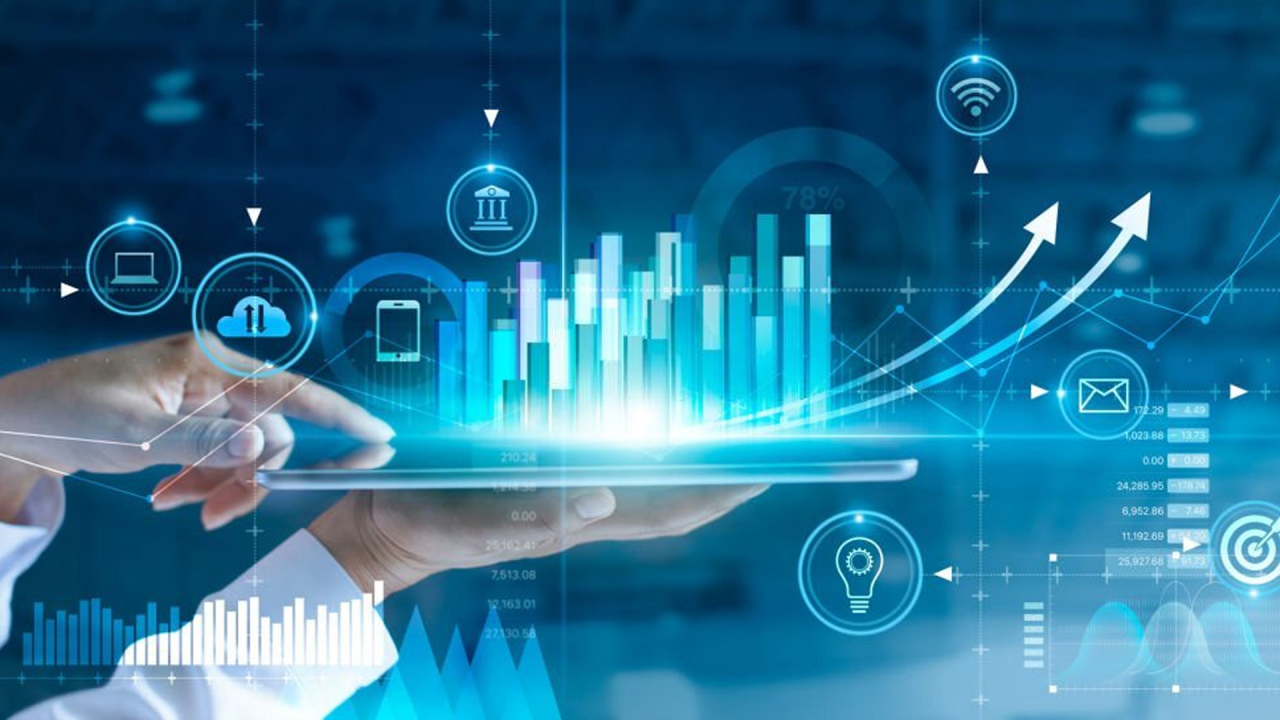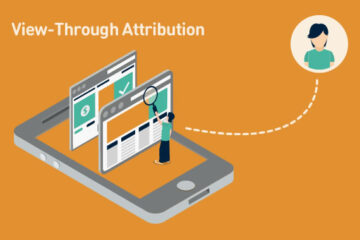To keep up with the competition in the dynamic world of digital marketing, companies must anticipate and adapt to emerging trends. Because of improvements in technology, changes in consumer behavior, and changes in market dynamics, digital marketing has changed a lot over the years. In this article, we’ll explore the evolution of digital marketing, highlight critical trends shaping its future, and make predictions on what lies ahead.
The Early Days Of Digital Marketing:
When companies first began using the Internet to contact customers, they used digital marketing strategies like email campaigns and banner adverts. However, these methods were rudimentary compared to today’s sophisticated digital marketing strategies. As technology advanced, so did digital marketing’s capabilities.
More And More People Are Using SEO And Content Marketing: A
When Google and other search engines transformed the way people find content online, it was a turning point in digital marketing. The result was SEO, or search engine optimization, becoming an integral part of online advertising. Businesses began optimizing their websites to rank higher in search engine results, driving organic traffic and visibility.
Alongside SEO, content marketing gained prominence as a strategic approach to engage audiences and provide value through informative and entertaining content. In order to raise recognition of the brand and solidify its position as an industry leader, content such as blogs, videos, infographics, and social media posts were crucial.
The Era Of Social Media Marketing:
The emergence of Twitter, Instagram, and Facebook marked the beginning of a new era for online advertising. Businesses realized the potential of social media for connecting with their audience on a more personal level and building meaningful relationships. Social media marketing became integral to digital strategies, with brands leveraging targeted advertising, influencer partnerships, and user-generated content to engage users and drive conversions.
Optimization For Mobile Devices And The Explosion Of Mobile Advertising:
Smartphones and other mobile devices completely altered the way customers engage with brands online and on the go. Mobile optimization became a priority for businesses, as websites and digital assets must be responsive and accessible across various devices. This shift gave rise to mobile marketing, including tactics like mobile-friendly websites, app development, location-based targeting, and SMS marketing.
Data-Driven Decision-Making And Personalization:
As digital marketing matured, data analytics emerged as a game-changer for businesses seeking to better understand their audience’s behaviour and preferences. Marketers could see how well their efforts were doing in real time thanks to the mountain of data at their fingertips, which would allow them to optimize and make decisions based on hard evidence.
Moreover, personalization became increasingly important as consumers expected tailored experiences across all touchpoints. Brands started using data to provide customers with tailored content, suggestions, and promotions, which increased engagement and loyalty.
Artificial Intelligence (AI) And Automation:
Artificial intelligence (AI) and automation have revolutionized digital marketing in recent years by enabling greater efficiency, accuracy, and scalability. AI-powered tools and algorithms can analyze vast amounts of data, automate repetitive tasks, and personalize content at scale. Chatbots, predictive analytics, and recommendation engines are examples of how AI transforms the digital marketing landscape.
Voice Search And Visual Search:
As speech-activated gadgets like Google Home and Amazon Echo have proliferated, voice search has grown in popularity. Consumers increasingly use voice commands to perform online searches, prompting marketers to optimize their content for voice-based queries. Additionally, visual search technologies allow users to search for products using images rather than text, opening up new opportunities for e-commerce businesses to engage customers.
Trends and Forecasts for the Future of Online Advertising:
Looking ahead, several trends are poised to shape the future of digital marketing:
Ai-Powered Marketing:
AI will continue to play a central role in digital marketing, enabling more sophisticated targeting, personalization, and automation.
Virtual And Augmented Reality (AR/VR):
Through the use of augmented and virtual reality technologies, brands will be able to provide customers with more engaging and interactive experiences in virtual worlds.
Blockchain Technology:
By making ad transactions more transparent, secure, and accountable, blockchain might completely change the face of digital advertising.
Privacy And Data Protection:
Companies’ data collection, usage, and protection practices will be shaped by rules such as GDPR and CCPA, which aim to address the rising tide of data privacy concerns.
Voice And Visual Search Optimization:
As customers’ search habits change, marketers must adapt by making content more suitable for visual and voice search.
Conclusion:
The evolution of digital marketing has been characterized by constant innovation, driven by advancements in technology and changes in consumer behaviour. Businesses are increasingly turning to videographer services San Francisco to create immersive brand experiences in the dynamic landscape of digital marketing. From its humble beginnings to the sophisticated strategies of today, digital marketing continues to evolve rapidly. Companies may set themselves up for success in the ever-changing digital marketing landscape by keeping up with developing trends and embracing new technologies.
Stay in touch to get more updates & news on Gossips!




